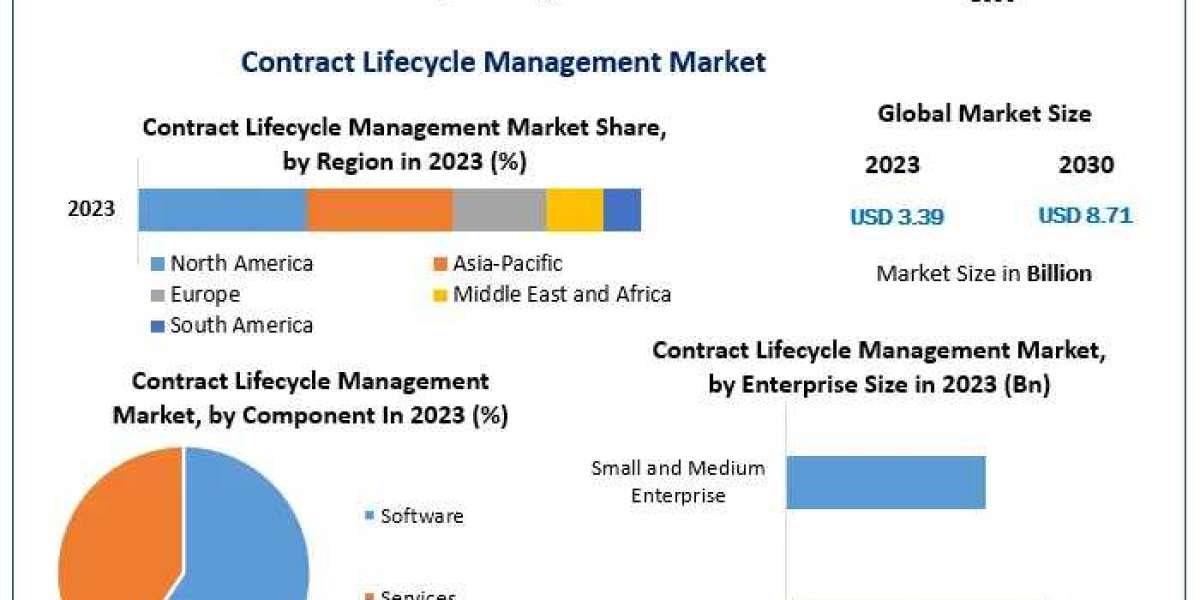What is Solar Foils Market?
- The solar foils market encompasses the production, distribution, and utilization of thin-film solar panels and components used in photovoltaic (PV) systems to capture sunlight and convert it into electricity.
- Solar foils, also known as thin-film solar cells or modules, are made from semiconductor materials such as amorphous silicon (a-Si), cadmium telluride (CdTe), and copper indium gallium selenide (CIGS), deposited on flexible substrates such as metal foils, glass, or plastic.
- The market serves various stakeholders including solar panel manufacturers, solar energy developers, renewable energy investors, and end-users seeking affordable and flexible solar solutions.
- Solar foils offer advantages such as lightweight, flexibility, low manufacturing costs, and suitability for building-integrated photovoltaics (BIPV) and off-grid applications.
Market Growth and Demand
- The solar foils market has experienced significant growth driven by increasing adoption of solar energy, declining costs of solar technology, and government incentives for renewable energy deployment.
- Factors such as environmental concerns, energy security, and the transition towards clean energy sources contribute to the demand for solar foils as an alternative to traditional silicon-based solar panels.
- Technological advancements in thin-film solar cell manufacturing processes, materials innovation, and efficiency improvements drive market growth by enhancing performance, reliability, and cost-effectiveness.
- Growing interest in decentralized energy generation, distributed solar systems, and off-grid electrification fuels demand for lightweight and portable solar foils for residential, commercial, and industrial applications.
Market Revenue and Size
- The global solar foils market generates revenue from the sale of thin-film solar panels, photovoltaic modules, solar laminates, and associated components and accessories.
- Market revenue is influenced by factors such as the volume and value of solar installations, pricing of thin-film solar products, government subsidies and incentives, and technological advancements in solar technology.
- The market size is projected to continue growing as solar energy becomes increasingly competitive with conventional energy sources, economies of scale drive down manufacturing costs, and innovations in thin-film PV technology expand market opportunities.
- With the growing emphasis on sustainability, carbon reduction, and energy transition, the solar foils market is expected to witness sustained growth and penetration in both developed and emerging markets.
Trends in Solar Foils
- Tandem Solar Cells: Development of tandem solar cell technologies combines multiple thin-film layers or materials to achieve higher efficiency and conversion rates, improving the performance of thin-film solar foils.
- Flexible Substrates: Adoption of flexible and lightweight substrates such as metal foils, polymer films, and flexible glass enables roll-to-roll manufacturing processes and enhances the flexibility and durability of thin-film solar modules.
- Building-Integrated Photovoltaics (BIPV): Integration of solar foils into building materials such as roofing, facades, and windows offers architectural aesthetics, energy efficiency, and renewable energy generation in residential and commercial buildings.
- Transparent Solar Foils: Research and development efforts focus on transparent or semi-transparent thin-film solar modules that can be integrated into windows, skylights, and glazing systems to harvest solar energy while maintaining visibility and daylighting.
Get more information: https://www.econmarketresearch.com/industry-report/solar-foils-market/
Application Product Insight
- Amorphous Silicon (a-Si) Solar Foils: Thin-film solar cells made from non-crystalline silicon materials offer flexibility, low-cost manufacturing, and suitability for indoor and low-light conditions, ideal for portable and lightweight solar applications.
- Cadmium Telluride (CdTe) Solar Foils: CdTe thin-film solar modules provide high efficiency, stability, and low environmental impact, making them suitable for utility-scale solar farms, rooftop installations, and large-scale solar projects.
- Copper Indium Gallium Selenide (CIGS) Solar Foils: CIGS-based thin-film solar cells offer high efficiency, flexibility, and performance in variable light conditions, enabling integration into BIPV systems, consumer electronics, and mobile devices.
- Organic Photovoltaic (OPV) Foils: Organic solar cells based on organic semiconductors offer flexibility, lightweight, and low-cost fabrication, suitable for wearable electronics, portable chargers, and flexible electronics applications.
Market Key Players
- First Solar, Inc.: A leading manufacturer of thin-film CdTe solar modules and utility-scale solar projects, offering sustainable and cost-effective photovoltaic solutions for commercial, industrial, and utility customers worldwide.
- Hanergy Thin Film Power Group Ltd.: Specializes in CIGS-based thin-film solar panels, flexible modules, and BIPV solutions for building-integrated applications, focusing on lightweight, flexible, and efficient solar energy solutions.
- Solar Frontier K.K.: Produces a-Si thin-film solar modules and solutions for residential, commercial, and off-grid applications, emphasizing high efficiency, reliability, and performance in diverse operating conditions.
- MiaSolé Hi-Tech Corp. (Hanergy): Develops CIGS-based thin-film solar modules and flexible solar foils for mobile, portable, and off-grid applications, emphasizing lightweight, portable, and customizable solar solutions.
Regional Analysis
- North America: Dominates the solar foils market with a strong presence of thin-film solar manufacturers, solar project developers, and government incentives supporting renewable energy deployment, particularly in the United States and Canada.
- Europe: Significant market presence due to favorable regulatory policies, feed-in tariffs, and subsidies for solar energy, driving demand for thin-film solar technology and BIPV solutions in countries like Germany, France, and the United Kingdom.
- Asia Pacific: Emerging as a growth market for solar foils, driven by rapid urbanization, industrialization, and increasing energy demand in countries such as China, India, and Japan, leading to investments in solar infrastructure and technology.
- Rest of the World: Growing interest in solar foils in regions such as Latin America, Africa, and the Middle East, fueled by solar resource potential, energy access challenges, and government initiatives promoting renewable energy adoption and investment.
.
OTHER REPORTS:
Chlor Alkali Equipment Market Growth
Oil-free Screw Compressor Market Revenue
Smart Home Security Camera Market Forecast
Portable Bluetooth Speaker Market Industry
Smart Home Appliances Market Size
Minibar Refrigerators Market Growth
Office Supplies Market Revenue
Hair Styling Tools Market Rate
Electric Rice Cooker Market Forecast
Surgical Suction Pumps Market Industry
Revenue Assurance Market Share
Field Service Management Market Growth
Private Tutoring Market Analysis
Content Delivery Network Market Revenue
E-Commerce Software Market Rate
Indoor Distributed Antenna Systems Market Forecast
Broadcast Scheduling Software Market Industry
Industrial Display Market Size
Laboratory Informatics Market Growth
Tennis Simulator Market Analysis
Solar Battery Chargers Market Forecast
Carbon Fiber Composites Market Industry
Hybrid Solar Wind Energy Storage Market Growth
Digital Signage Market Analysis



